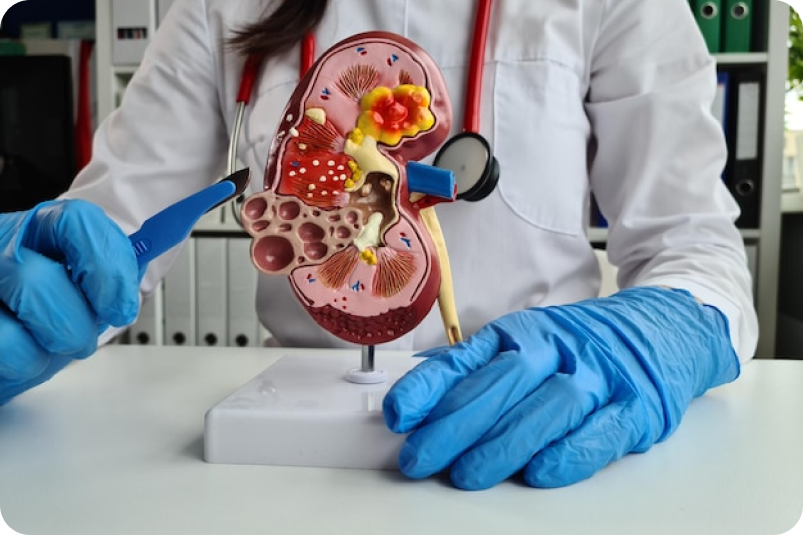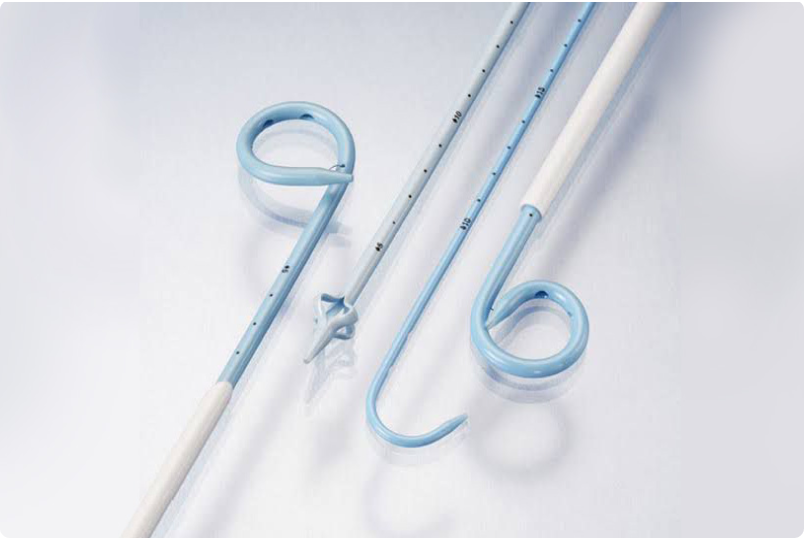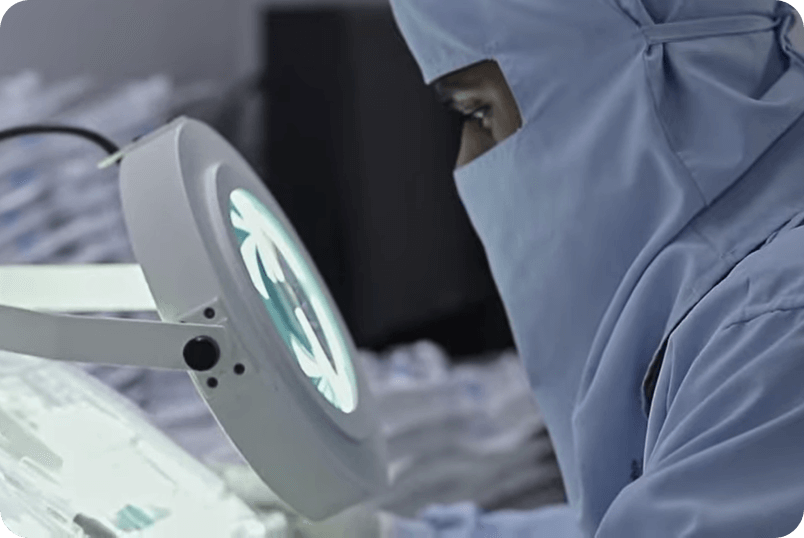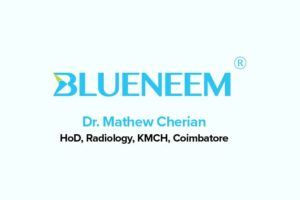This article is about the Indian medical devices industry which has an opportunity to leapfrog innovation combining physical devices and integrating digital frameworks for long term innovation.
The Indian medical devices industry has an opportunity to leapfrog innovation combining physical devices and integrating digital frameworks for long term innovation
The medical device industry market is very dynamic and the key drivers impacting this sector are healthcare expenditure, technological development, aging population, and chronic diseases. Further emerging trends that impact the medical device industry include the changing medical technology landscape, software as a differentiator in medical devices, as well as design and manufacturing of patient portable or smaller devices. In India, medical devices is now considered to play a key role in the delivery of quality health care to the masses. The launch of MDR 2017 was a significant milestone in creating a robust platform. The awareness around the need to have a robust medical devices ecosystem in the country is gaining traction resulting in higher growth rates for India as compared to the global industry.


Digital’ makes a very compelling entry into the world of healthcare 2018. Similarly, technology will continue to provide a fantastic platform for disruptive innovation, wherein the wearables and diagnostic framework leveraging technology can provide out-of-the box, innovative and cost effective solutions for the masses of the country. Wearable medical devices like glucose monitors and exercise trackers are projected to experience double the revenue growth of the overall device market. The launch of Apple Watch series 4 with a US FDA approved ECG embedded into the watch. Not that we did not have portable ECGs earlier, but with this dawns a new era of a daily use wearable as FDA approved medical device. This combined with the new age analytics and artificial intelligence, along with medical devices in conjunction with IOT and analytics will transform healthcare in unprecedented ways. While there have been reports that AI has bettered diagnosis, there is scope for tremendous development in this domain. Smart devices that measure other vital signs, like blood pressure and glucose levels, will help doctors to keep an eye on their patients. It will do all this while also allowing the patient to take an active role in their own healthcare. The connected health framework combined with large data sets and AI will assist the doctors in accurate diagnosis and timely interventions in the near future.










